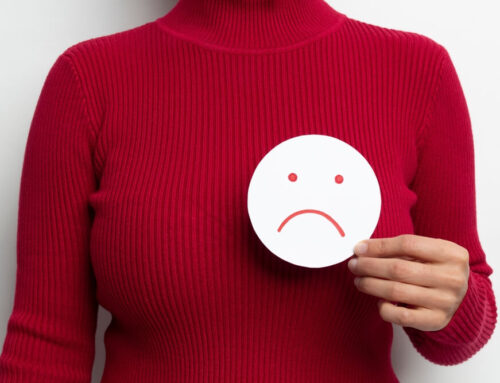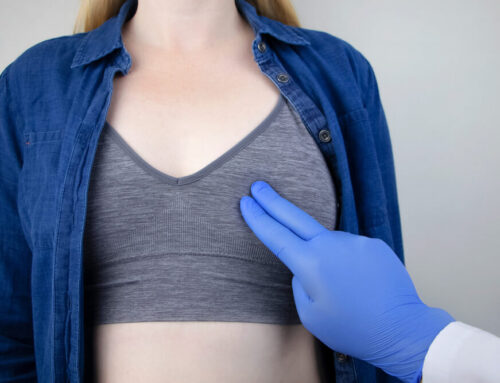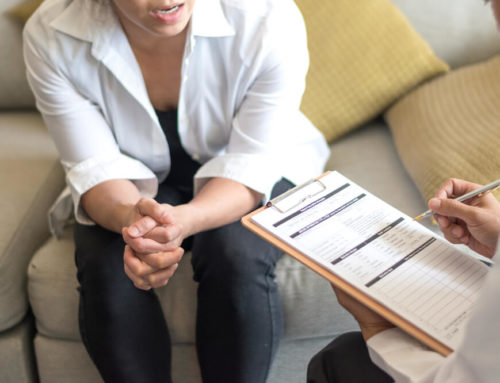You’ve been diagnosed with fibroadenoma. What does this mean? And what happens if you leave fibroadenoma untreated? Will you get a phyllodes tumor? Worry not; in this article, you’ll gain insight into everything related to fibroadenoma. This means that you’ll find answers to “what causes fibroadenoma?”, “What are the breast cancer risk factors?” and more.
That said, we always recommend consulting reliable professionals for diagnosis and treatment. If you are located in the area, or you are seeking out the best of the best, we suggest Palm Beach County Breast Surgery. Results are always guaranteed.
Without further ado, here are the expert facts on fibroadenoma you need to know.
What is Fibroadenoma?
A fibroadenoma refers to solid, benign (non-cancerous) breast lumps. Typically, women between the ages of fifteen and thirty-five may have fibroadenomas.
You might have a fibroadenoma if you feel a firm, rubbery or hard, smooth lump on your breast. However, make sure to consult with your healthcare provider to ensure an accurate diagnosis. This way, you will receive the best professional guidance for further treatment.
That said, breast fibroadenoma is very common in young women. In fact, fibroadenomas are one of the most common benign or non-cancerous lumps in the breast among younger generations. Some standard treatment methods for breast fibroadenoma include biopsies and monitoring. If your healthcare provider has diagnosed you with a breast fibroadenoma, it’s best to keep up with regular doctor’s appointments. This way, your doctor will monitor the lump to detect any changes in feel and size.
What Causes a Fibroadenoma?

Although the exact causes of fibroadenoma are unknown, experts believe the benign lump is linked to reproductive hormones. Typically, a breast fibroadenoma will develop during a woman’s reproductive years. Moreover, the lump may become larger during pregnancy (or during hormone therapy). On the flip side, a breast fibroadenoma may shrink after menopause (when the hormone levels plummet).
Overall, what causes fibroadenoma? Fluctuations in hormone levels cause these benign lumps. However, as stated, the exact cause is a mystery.
The Five Types of Fibroadenomas
- The most common type of fibroadenomas is the simple variety. However, women may also develop:
- Juvenile fibroadenomas (girls between the ages of ten and eighteen may develop this breast lump)
- Complex fibroadenomas (these may contain changes)
- Phyllodes tumors (these are typically benign but can become malignant or cancerous)
- Giant fibroadenomas (these can grow bigger than two inches or five centimeters)
What Happens If I Leave it Untreated?
Since this condition is benign or non-cancerous, you don’t have to begin treatment immediately. However, in some cases, there are risks you need to consider. For instance, if you are diagnosed with a malignant phyllodes tumor, your doctor will recommend removal. For reference, a phyllodes tumor is very rare, and it grows in the stroma of the breast’s connective tissue. Most of these aren’t cancerous, but they can grow rapidly.
Breast Cancer Risk Factors
Here are some breast cancer risk factors to remember. Although you can’t change some of the following risk factors, you can adjust others (such as making smarter lifestyle choices). These include:
- Being a woman
- Growing older
- Having a personal history of breast conditions and breast cancer
- Having someone in your family with a breast condition
- Inheriting genes that put you at greater risk of cancer
- Exposure to radiation
- Being overweight or obese
- Having your first period very young
- Having your first baby after the age of thirty
- Undergoing postmenopausal hormone therapy
- Having never been pregnant
- Consuming alcohol
We recommend keeping an active lifestyle and consuming a nutrient-dense diet. Also, make sure to visit your healthcare provider regularly.
Book an Appointment Today
Are you worried about your health? Do you want to take charge of your own life? Give us a call today and consult with our team of experts. You deserve the best.






